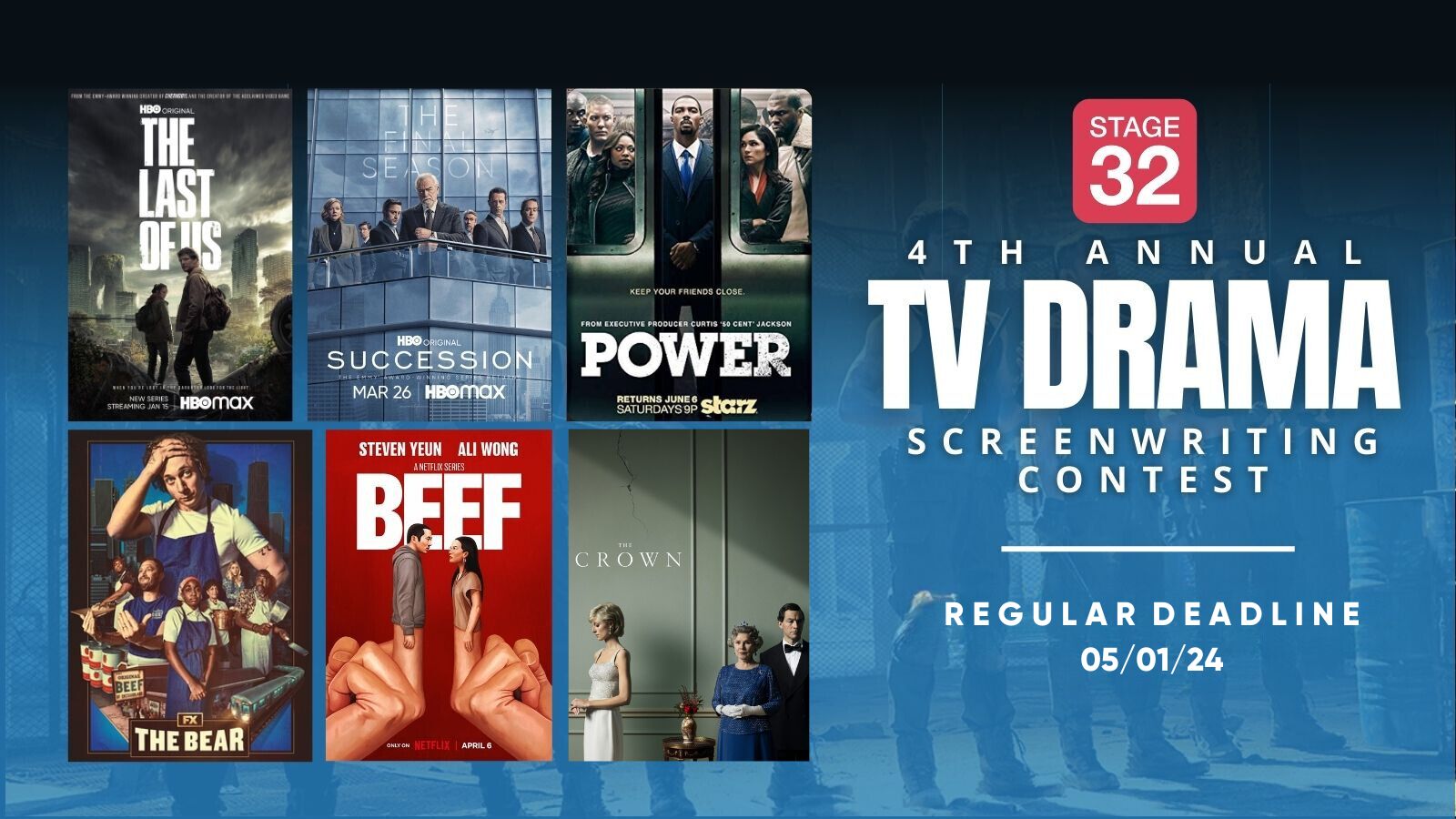Roger Deakins - Blade Runner 2049
Janus Kaminski - The Post
Robert Elswit - Suburbicon
Rachel Morrison - Mudbound
Dan Laustsen - The Shape of Water
Hoyte van Hoytema - Dunkirk
Amongst other conversations that occurred here’s one that resonated with me.
Roger Deakins - I’ve met people who don’t even know who Jean-Pierre Melville is!
Robert Elswit - I’ve met people (at Film School) who haven’t seen a film (made) before 1985, and I’ve done talks at Film School and they’ve never seen a Sidney Lumet movie.
Host - Is there a solution? What can be done to inspire education for what’s missing?
Rachel Morrison - (I paraphrase) Just show them films for a year.
Deakins - I think a lot of it is about what’s just gone, the flavour of the day. It’s got so narrow now.
Now wouldn’t it be good if we could explore some of these films together on Stage 32? I would love to see Army of Shadows. How about you?




2 people like this
Geoff Hall - a Cinematography film club is a really interesting thought?? Would members be interesting in watching a film that's accessible to everyone and talking about it?
2 people like this
Shellie Schmals I would! Count me in.
1 person likes this
Wow, a true wealth of artistic talent, in one room!
yeah we should have a film recs section two threads, one where you recommend say 20 movies and another for watch-parties
1 person likes this
Great idea. Like reading is the basic way to learn writing, watching a movie gives you a lot of tools to practice cinematography.
1 person likes this
my recs would be:
1. What planet are you from?
2. Killer Klowns from outer space
3. Sunshine (99)
4. it's such a beautiful day
5. The Langoliers
6. Upstream Color
7. Naked Lunch
8. La Cite Des Enfants Perdus
9. Nightmare Before Christmas
10. From Bedrooms to Billions
11. Cartoon College
12. Night of the Demons 2
13. Empires Strikes Back Uncut: Director's Cut
14. Idioterne
15. Kids
16. Henry Fool by Hal Hartley
17. Rush (91)
18. True Romance
19. Love and a .45
20. Power of Grayskull
----------------
Troll
Shut Up Little Man
Unforgiven
2 people like this
Geoff Hall - let's side bar & figure out a way to make this work!
1 person likes this
Shellie Schmals cool, let’s do it.
how is this side project coming along? anything I can do to help?
1 person likes this
Hi PolyD Flynt thanks, we are looking at using something like Just Watch to set up a film night with Army of Shadows. Will keep you posted.
It's comin'
I think it is much more important for a screenwriter to read a textbook on general psychology, gender psychology, family psychology and age psychology than to watch hundreds of old films.
Arthur Charpentier Sorry. I think that just promotes ignorance amongst filmmakers and intellectualises the process. Reading a book on psychology will not help a DP choose the right lens or lighting array, nor help a Director discuss lighting and shooting a scene with a DP.
Geoff Hall, If we talk about directors, their job is largely to show the audience non-verbal information.
A director can watch old movies as much as he wants, but if he does not know about nonverbal communication of people, about color psychology, about the meaning of colors and about the contrast of different colors, such a director will only copy material from other people's scenes.
Arthur Charpentier actually, it's both, otherwise you may as well make a silent film!
Colour psychology isn't fixed. It would mean something different to say Itten and Kandinsky than it would to an Early Modern aesthete in the Reformation period or a Renaissance critic like Cennini.
Watching the films of others makes you visually literate, not a copyist. Look at Tarantino's love of Japanese films. He doesn't copy them, he uses them as a starting point for where he wants to take his film; it's a visual cue and it's also a way of opening a conversation with other filmmakers. Much like academic papers that cite another author. They aren't copying, but using their research as a means to create something of their own.
Geoff Hall, color psychology is fixed for the modern viewer. of course, there are national interpretations of colors and it is important to take this into account.
I don't think a screenwriter has to watch a lot of old movies to come up with the plot of a series about a ghostbuster, for example.
Arthur Charpentier indeed, but we are not talking about screenwriters, here Arthur, we are talking about a director and cinematographer working in tandem to bring their interpretation of the script and develop the world visually.
Geoff Hall, the whole experience of Russian cinema proves that it makes no sense for directors to watch old films either. these films need to be watched if the authors create a retro-style movie. otherwise, they are useless and even harmful.
The Russian school of directing is based on the study of classics and 90% of 100 films fail at the box office. think about it.
Arthur Charpentier but what era of Russian cinema are you talking about?
Geoff Hall, I mean the modern period of cinema, the last ten years.
of course you are right that training and knowledge are important for a director and a screenwriter. but my opinion is that a person who knows psychology has more creative possibility than a person who has watched all the classic films.
1 person likes this
Arthur Charpentier ah, I see. For me, I’d like to think that there’s a balance to be had between psychological and cinematic knowledge. And I say that as one who has read Jung and some of the Jungians and Imaginal Psychology, as well as FBI reports on serial killers and the psychological imbalance they have.
So I’m not anti-psychology, because I think, well, with Seeing Rachel, I researched deeply to find I psychological way of telling the story without sensationalising the ‘action’ (sex trafficking) and tragedy - there is more terror the story for it.
I’m off now for a while, so thanks for having this conversation. G
Geoff Hall, and thank you very much for the conversation!
1 person likes this
I actually think that someone who loves film enough to want to do it for a vocation should watch as many and as varied films as possible. That doesn't mean they need to use existing films as influence for their work. they should use themselves as influence for their work and their world. but writers read, filmmakers should appreciate film.